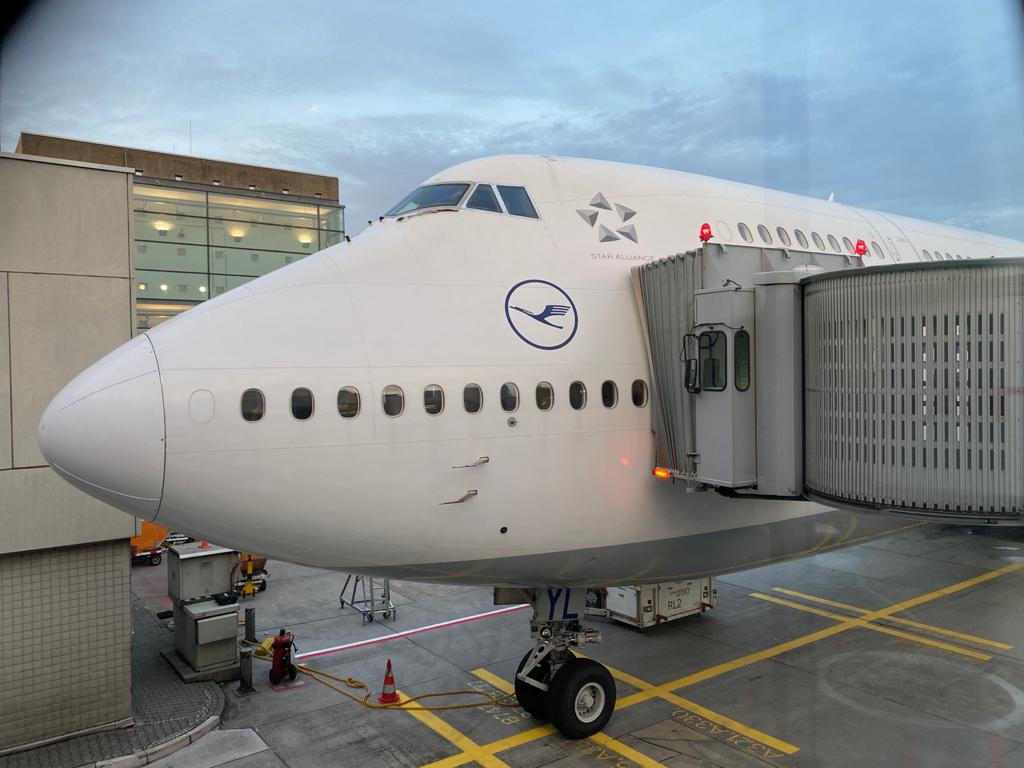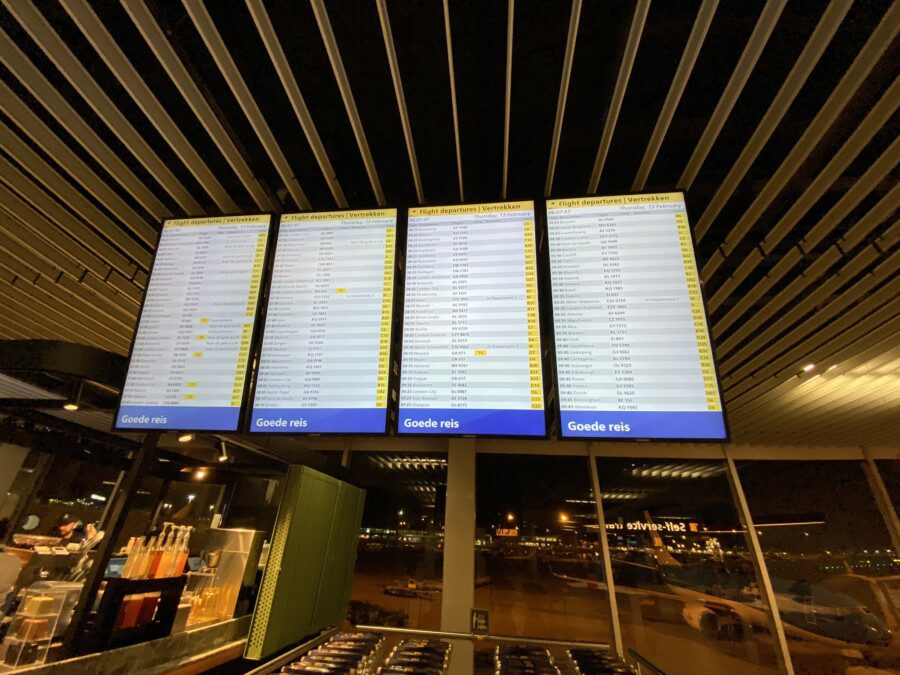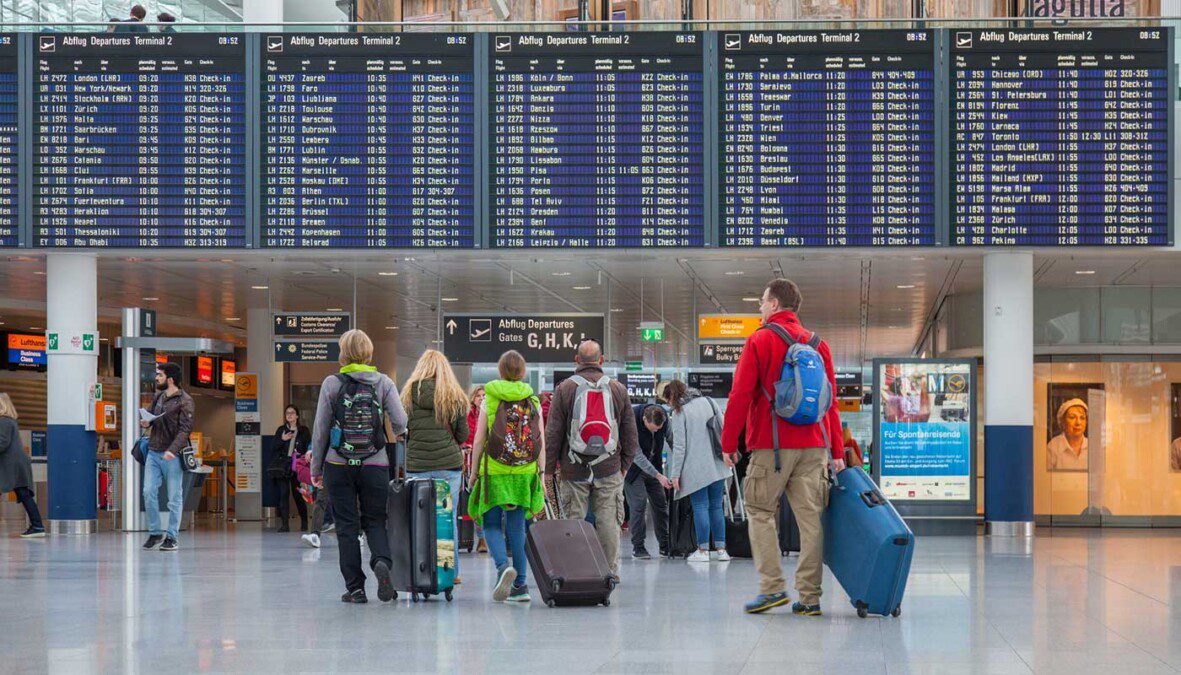Connecting flight and Covid-19: the situation at major European airports
Traveling during a pandemic is not easy, especially if you get on a plane. Now that the first signs of [...]
Traveling during a pandemic is not easy, especially if you get on a plane. Now that the first signs of openness have ignited hope, however, the doubts and questions have begun. One of the most popular? What are the rules for airport layovers. Because, if you take a direct flight, things are a bit simpler. Whereas in the case of a stopover, the matter becomes more complicated.
In this article:
Col Green Pass ready to become a reality, after all, one stopover is not an unlikely thing. For example, if you choose to fly from Milan to Reykjavík with Lufthansa you will have a stopover in Germany (in Frankfurt). If you fly with Vueling will have a stopover in Barcelona. Rome-Helsinki with KLM will stopover in Amsterdam, Milan-Edinburgh with Air France Will make a stopover in Paris.
So let's find out what the rules are for airport layovers, focusing on major European hubs.
Athens-Eleftherios Venizelos International Airport
Transit passengers, including those from a country where restrictions are in effect, Are not required to show a negative swab nor a certificate of vaccination upon their arrival in Greece.
Amsterdam Schiphol
The Netherlands allows you to fly to a third country by stopping over at the airport in Amsterdam Schiphol. You must stay within the airport, however, for up to 48 hours (thus proving that you have an outbound flight within 48 hours of arrival). Negative swab from Italy is not required, as it is restricted to those over the age of 13 from high-risk countries.
Copenhagen Airport
Passengers who have a stopover in Copenhagen, and stay in the transit area of the airport and then fly to a third country, are not subject to the arrival test requirement. However, a negative swab, to be carried out at the country of departure (children under the age of 12 are exempt from the requirement). As in Amsterdam, you are allowed to stay at the airport for up to 48 hours.
Frankfurt Airport

Currently, and presumably until June 2021, the only open terminal is Terminal 1. Transit passengers are also required to have the negative swab (children up to age 5 are exempt). The Covid-19 test must be 48 hours old prior to arrival in Germany: travelers who do not have it will not be allowed on board. What tests are accepted? PCR, LAMP, TMA and salivary swabs.
Lisbon-Portela Airport
Passengers in transit are required to display a negative Covid-19 test, performed by a certified laboratory within 72 hours prior to arrival. The test must contain the passenger's name, the name of the laboratory, including its certification, the date the test was performed, and whether it was negative. It must be submitted at check-in or boarding in digital format.
London Heathrow
All passengers traveling to the United Kingdom, including those in transit, must show a negative Covid-19 test. The test must be dated within the previous 72 hours and submitted in paper or digital format. Those who do not have it are subject to a penalty of 500 pounds. Those who come from a red-listed country, and have their destination flight on a day after their arrival flight, must be in quarantine in one of the hotels indicated throughout his time in the UK.
Madrid-Barajas Adolfo Suárez (and all Spanish airports)
Passengers in transit in Madrid, as well as in other Spanish cities, Are not required to show a negative test. However, they must remain inside the airport and leave within 24 hours. The negative swab is mandatory only for those coming from a high-risk country.
Paris Charles de Gaulle (and all French airports)
Paris Aeroport, the group that operates CDG as well as Paris Orly (ORY) and Paris Le Bourget (LBG), says that all three airports are open to transit passengers who Are not subject to the testing requirement. However, if the destination country requires a negative buffer, this must be done in the country of departure (there are no buffer points at the airport).
However, it is likely that, the rules of airport stopovers, will change with the introduction of the Green Pass. This certificate should allow you to travel with more freedom within the European Union, although you will need to be in possession of one of the following: negative swab, certificate of recovery, certificate of vaccination.
- 6,000 Mile Registration Bonus
- Collect miles WITH EACH PURCHASE
- Your miles with no expiration*
- No fees for ATM withdrawals and foreign purchases
- Without having to change banks
- Autonomous card activation
- Multi-function mobile application
- Free travel insurance
- Free credit for up to 7 weeks
- Contactless Payment
- Mastercard® SecureCode


 MAD
MAD


